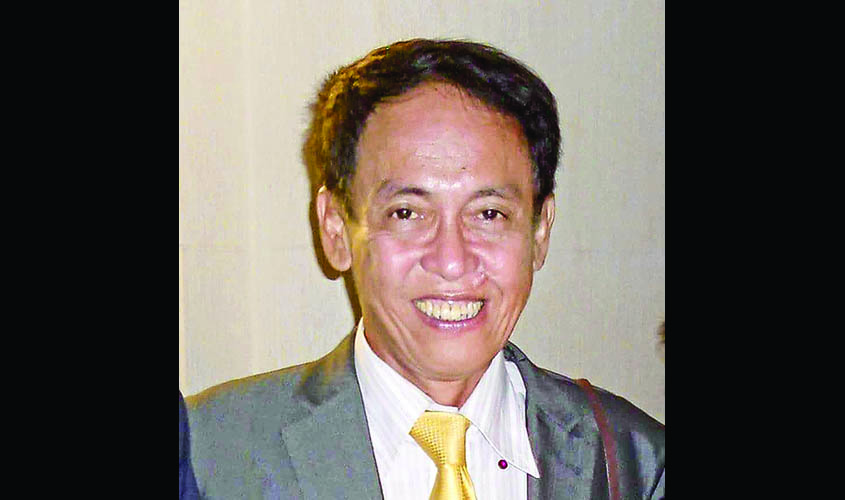Professor Khin Zaw Rin says resolving the crisis will require pooling of resources of many stakeholders.
Last week, the United Nations urged Myanmar to take action against those responsible for the ongoing Rohingya crisis in the country’s Rakhine state. While Myanmar’s politics and State Counsellor Aung San Suu Kyi’s role have been internationally criticised, another less understood mystery remains the justification of violence by the clergy of a religion that was founded on the principles of peace-building. In a conversation with The Sunday Guardian, Professor Khin Zaw Rin, director of the Tampadipa Institute, a Yangon-based capacity-building institution, who has also been a political prisoner, a former government employee with the Ministry of Health in Myanmar and a human rights activist who has been closely working with the Rohingya camps, gave a local’s perspective of the Rohingyas and the politics behind the issue. Excerpts:
Q: What is the response of the common Budhhist folk in Myanmar towards the “Rohingya crisis”? How do they understand and discuss it in their drawing rooms?
A: Firstly, “common Buddhist folk” are not very interested at all in the Rohingya issue. Secondly, if they are interested, they see it as something concerning “illegal immigrants”—people who don’t belong to Myanmar.
Q: To what do you attribute the Buddhist clergy’s validation of violence against Rohingyas?
A: Now we are talking about the extremist, ultra-nationalist monks. Political monks like Wirathu use the Rohingya and Muslim issues as platforms of support and to attack Suu Kyi. Senior, prominent monks like Sitagu Sayadaw went one step further and validated violence at a military training school. By this, he garners the military’s favour. (He is already perhaps the wealthiest monk in Myanmar). There is very little “ideology” in all this. It is all about personal and political gain.
Q. Is the Rohingya crisis affecting Aung San Su Kyi’s popularity in context of the upcoming elections in Myanmar?
A: Yes and no. She is losing political support for other reasons, but the way she handled the Rakhine crisis also plays a part. On the other hand, both she and the military are relying on populism to retain popular support. The National League for Democracy (NLD) and the military are seeking to outdo each other, and that means neither side can afford to be seen as being soft on the Rohingyas. That is why the International Criminal Court (ICC) proceedings are so important. This is probably the only brake we have against the military and Suu Kyi. Both sides are going to be buffeted and this is a good opportunity for alternative voices and leaders to emerge.
Q: The UN has suspected a genocide against Rohingyas in Myanmar and has also sought investigation, but has not yet supported demands to refer Myanmar to the International Criminal Court. Do you think the UN is invested enough in resolving the Rohingya crisis?
A: I know there are limitations on what the UN can do. But right now, it is the best hope. The United Nations Security Council will come up with something strong, but remember that the ICC can proceed on its own, and is doing so. Resolving the Rohingya crisis will require the pooling of the resources of many stakeholders. We cannot allow the issue to linger as had been the case in the past.

